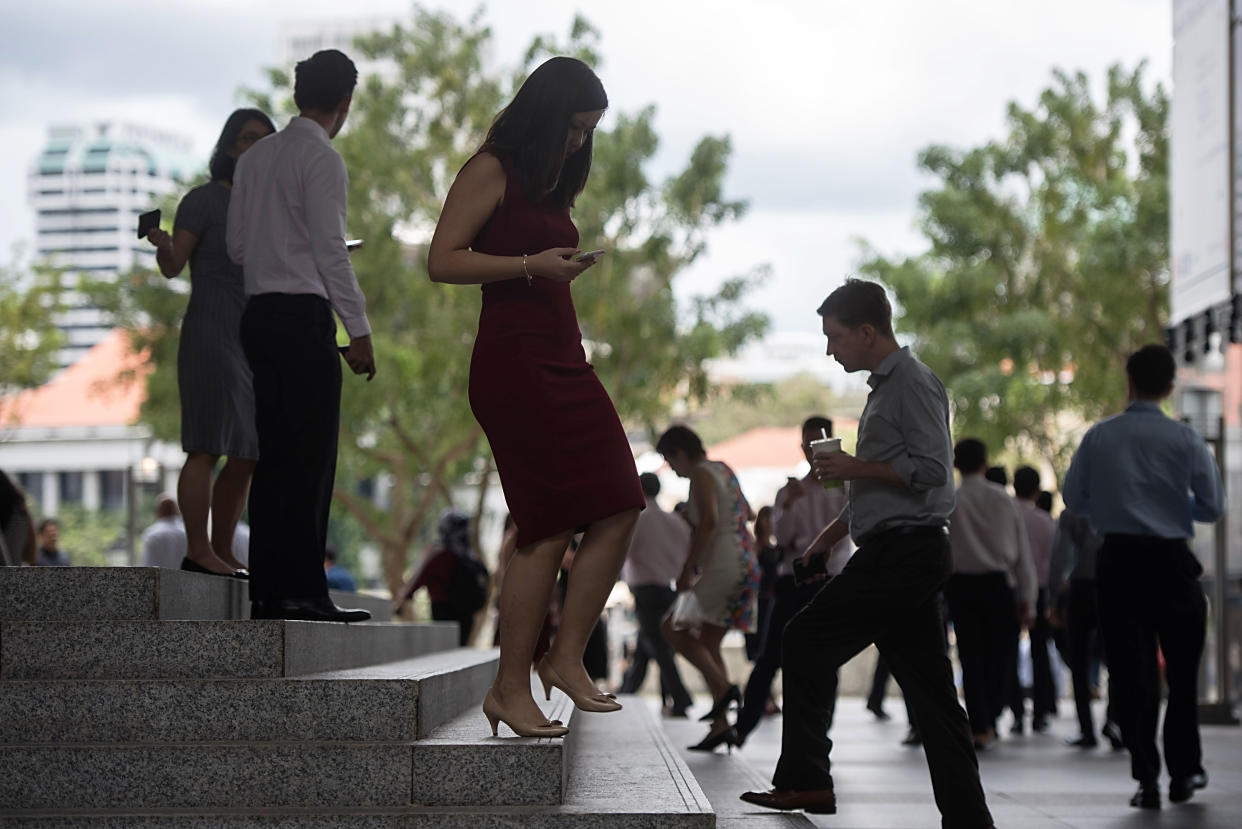Lack of progress over gender pay gap is 'unacceptable': Daniel Goh

The lack of progress over in closing the nation’s gender income gap is “unacceptable”, said Non-Constituency Member of Parliament (NCMP) Daniel Goh in Parliament on Tuesday (27 February).
This pay gap will affect the future retirement security of female seniors, added Goh, who was speaking on the opening day of the Committee of Supply debates on Budget 2018,
The NCMP, who is also a member of the opposition Workers’ Party, pointed to a study that used Ministry of Manpower data to show that the gender pay gap in Singapore has remained the same from 2006 to 2016. This means that women generally earn $610 less than men in their median monthly income, he said.
This would have a “compounding effect” on the retirement security of women who are already paying a higher premium and getting less payouts from the CPF Life scheme, said Goh.
He pointed to the health and social services sector as being one with the largest gender income gaps – with women earning around $1,540 less a month than men even the former make up the majority of workers in the industry.
In particular, nurses still experience a “lag” in wages even though their profession is in high demand due to our ageing society, said Goh.
The fact that most nurses are women has resulted in an “entrenched perception” that nursing is a female occupation, which has in turn exacerbated a supply shortage of trained nurses, he added.
“Increasing the wages of nurses will kill several birds with one stone. As most nurses are currently women, increasing the wages of nurses will help close the gender pay gap. It will also signal the increased social value and respect that is attached to nursing (and) that nursing is far from being a low-skilled job,” he said.
Increasing the renumeration of nurses will also encourage more men will to pick up nursing as they would not be put off by the opportunity cost of giving up potentially higher-paying jobs in other professions, he added.
Help for women re-entering workforce
Another factor contributing to the gender pay gap is linked to women who quit their jobs to focus on raising their children and later re-enter the workforce after a prolonged break, said Goh.
“Little recognition is given by employers and the government to the years women spend in service to the family and to the nation, to bear and raise children – unlike men who are often given a salary premium for the two years spent in national service,” he added.
“By the time women try to return to the workforce, they face the triple challenges of making sure their skills stay relevant, discrimination against older workers, and wage stagnation compared to male peers.”
He proposed that the SkillsFuture scheme and the Workforce Singapore statutory board look into the issue.
Goh also suggested that caregiving be seen as full-time work, since caregivers are unable to earn a full income due to their responsibilities.
“If we recognise full-time caregiving of seniors as unpaid work then it is not far fetched to consider them as low-wage employees who need income supplement,” he said, noting that the Workfare Income Supplement scheme currently provides income support to caregivers.
Related stories:
Workers’ Party unable to support GST hike for now: Pritam Singh
Cabinet reshuffle after Parliament’s mid-term break: Lee Hsien Loong
Singapore Budget 2018: GST to rise to 9 per cent sometime in 2021-25



